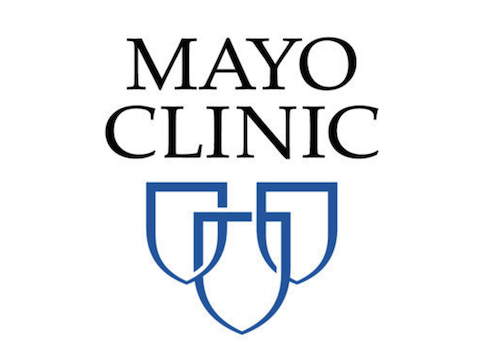
July 25, 2024- Current screening protocols fail to catch a notable number of people carrying genetic mutations associated with hereditary breast and ovarian cancer syndrome and Lynch syndrome, which increase the risk of developing certain cancers. This issue is particularly pronounced among underrepresented minorities. These research findings, published in JCO Precision Oncology, are based on genetic screenings of more than 44,000 study participants from diverse backgrounds.
For this Mayo Clinic Center for Individualized Medicine Tapestry project, researchers sequenced the exomes — the protein-coding regions of genes — because this is where most disease-causing mutations are found. They identified 550 people, or 1.24%, as carriers of the hereditary mutations.
Importantly, half of these people were previously unaware of their hereditary genetic risk and 40% did not meet existing clinical guidelines for genetic testing.
Altogether, the Tapestry project has now sequenced the exomes of more than 100,000 patients and is integrating these results into the patients’ electronic health records. This not only personalizes patient care but also provides a rich dataset for further genetic research.
The overarching mission of Tapestry is to advance personalized medicine and tailor prevention and treatment strategies for individuals, thereby paving the way for targeted healthcare interventions for all.
